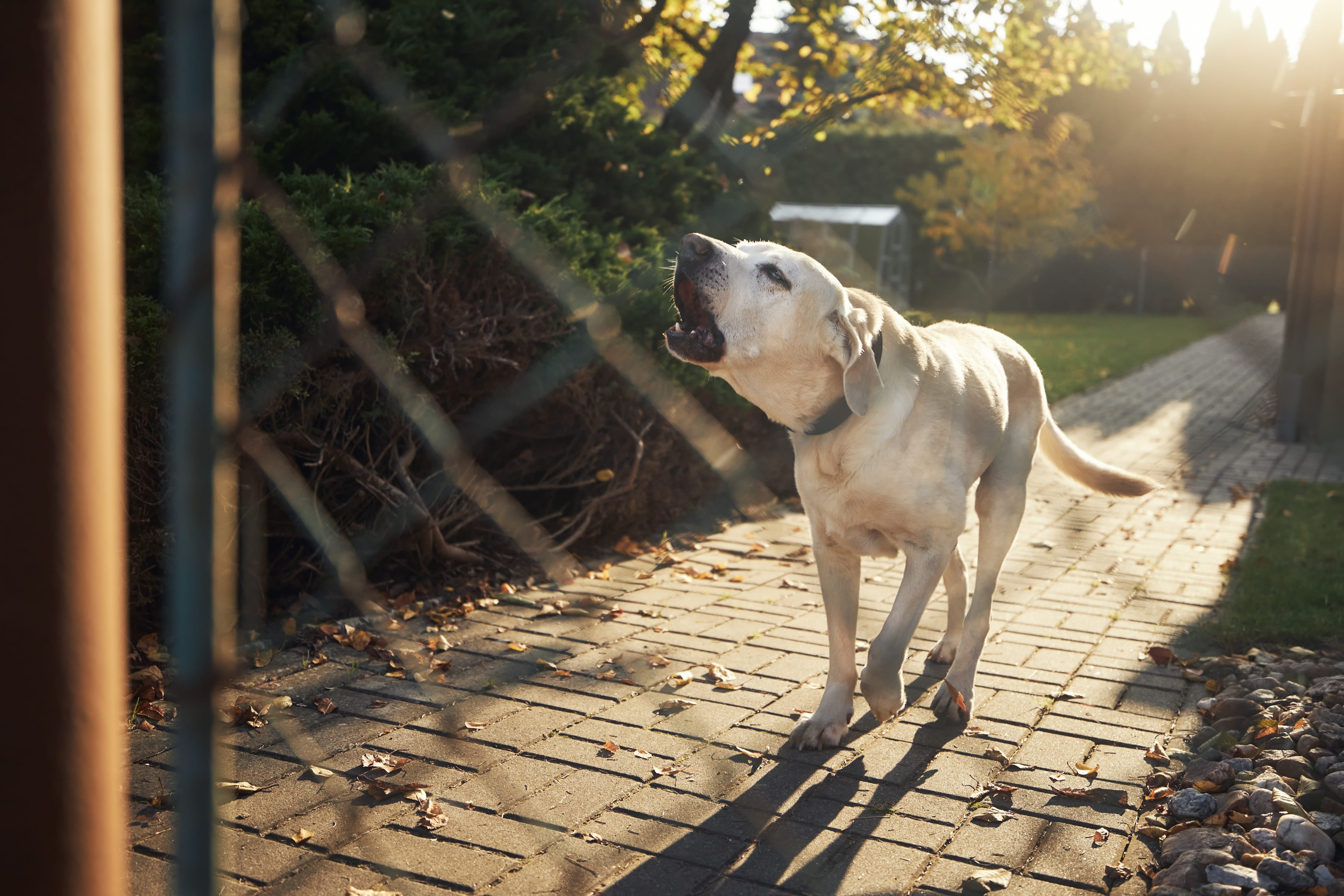
Dogs bark—it’s how they communicate. But when barking becomes excessive or inappropriate, it can cause stress for both pets and owners. Whether you're dealing with a pup who sounds off at every passing car or a vocal watchdog who won't quiet down at night, bark training can restore peace and strengthen your bond. And in a vibrant, dog-friendly city like Cape Coral, Florida, teaching your dog to bark appropriately isn't just polite—it's essential.
From morning walks along Cape Coral Parkway to play sessions at Waggin' Tails Dog Park, Cape Coral offers plenty of opportunities for your dog to socialize and explore. But if barking gets out of hand, you may find yourself avoiding public outings or struggling with complaints from neighbors. That’s why many local dog owners are turning to professional guidance. If you've ever looked online for a local dog trainer or searched something like where to find help with dog behavior, this article is for you.
Understanding why dogs bark is the first step to managing the behavior. Barking serves many purposes, from alerting you about visitors to expressing excitement or boredom. Sometimes it's a cry for attention or a reaction to anxiety. While some barking is perfectly normal, excessive noise can signal an underlying issue that needs attention. Bark training helps identify these triggers and redirect your dog's energy in healthier ways.
Training your dog to manage their barking can dramatically improve your quality of life. In peaceful neighborhoods like Pelican Boulevard and Gator Circle, keeping barking in check helps maintain good relations with your neighbors. It also makes your home more enjoyable and calm. Both you and your dog benefit emotionally when excessive barking is addressed. Constant noise can elevate stress levels and affect your overall well-being. Bark training allows you to understand your dog's needs more clearly, leading to a calmer and more secure pet.
“When you venture out to public spaces such as Jaycee Park or the Cape Coral Farmers Market, a dog that stays quiet on command makes for a more relaxing experience. You won't need to worry about disturbing others, and your dog will be more welcome in community settings. Proper training also supports your dog’s social development. A calm demeanor helps them interact with other pets and people more successfully. A quieter dog is less likely to scare off potential friends or create tension in unfamiliar environments. ”
Training also strengthens communication between you and your pet. As your dog learns when to bark and when to stay quiet, they start to rely on you for cues. This mutual understanding deepens the trust and connection between you.
Positive reinforcement is key in teaching your dog new behaviors. When your dog remains quiet in situations where they used to bark, offering treats, praise, or toys helps reinforce the desired response. This rewards calmness and encourages your dog to repeat that behavior.
Desensitization also plays an important role. By slowly introducing your dog to common triggers—like the doorbell or passersby—and pairing those triggers with positive rewards, you can shift their emotional response from stress to relaxation.
Teaching a quiet command adds an extra layer of control. Starting with encouraging barking on cue and then rewarding silence can help your dog make the connection. Eventually, your dog learns to respond to your verbal cues, which is helpful in real-world settings.
When things get challenging, working with a trainer can make a big difference. Cape Coral is home to many professionals who understand dog behavior and can guide you through the process. Many pet owners begin by looking up training options nearby, hoping to find a trustworthy expert who specializes in barking and communication issues.
Cape Coral offers excellent local venues for training practice. Rotary Park Environmental Center provides natural trails and a relaxed environment that allows your dog to work on staying quiet despite distractions. Waggin' Tails Dog Park is another great place for real-world exposure to other dogs and people. If your dog is ready, it’s a good spot to reinforce what they’ve learned. Four Freedoms Park is ideal for practicing calm behavior in a more active setting. With families, joggers, and fellow pet owners around, it’s a perfect place to test your dog's progress. Fellowship Park, by contrast, offers a quieter environment, making it suitable for early-stage training where your dog needs fewer distractions.
Many dog owners unknowingly make mistakes during bark training. Being inconsistent, for instance, sends mixed signals. If different people in the household respond differently to barking, your dog won’t know what’s expected. Another common mistake is accidentally rewarding barking. Even negative attention can reinforce the behavior. Instead, it's better to wait for silence and then offer positive feedback. Beginning training as early as possible helps prevent barking from becoming a deeply ingrained habit.
Some barking stems from excess energy. Dogs that don’t get enough physical or mental stimulation are more likely to bark out of boredom. Including regular exercise—like daily walks at Saratoga Lake Park or Joe Stonis Park—can significantly reduce nuisance barking.
Cape Coral is full of opportunities for dog lovers. From outings at Yacht Club Community Park to casual strolls downtown, life with your dog can be rich and fulfilling. But barking problems can make things more difficult than they need to be. Investing time and effort in bark training pays off in countless ways. It helps your dog live a more balanced, confident life and makes your daily routine more enjoyable. If you're ready to make a change, now’s the perfect time to begin. Explore your local training options—many Cape Coral pet parents have found the help they needed just by connecting with an experienced trainer nearby. Take that first step today. With consistent training and local support, a quieter, more relaxed companion is within reach.